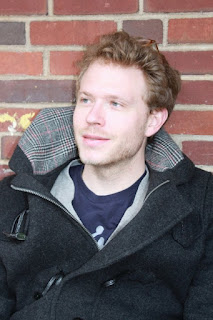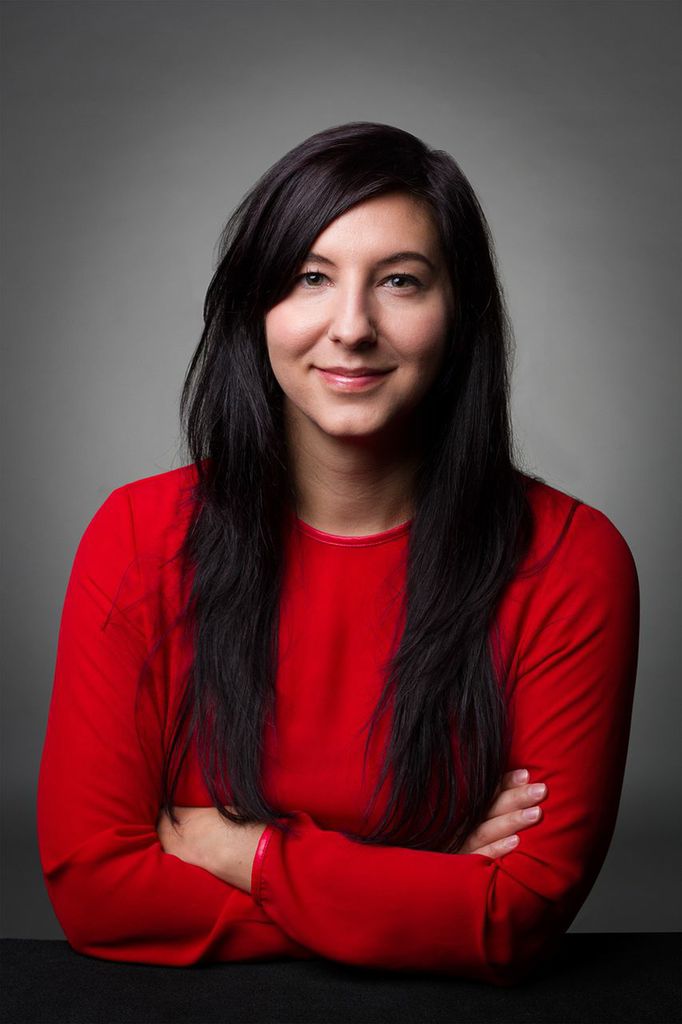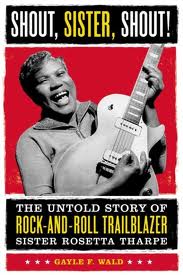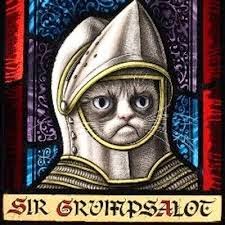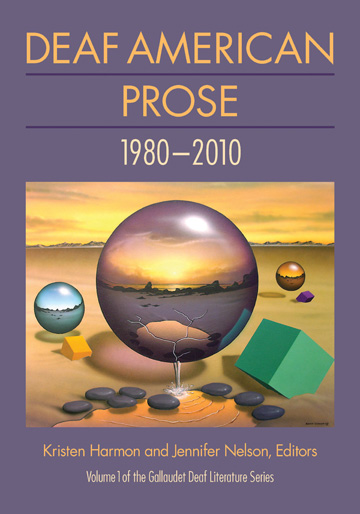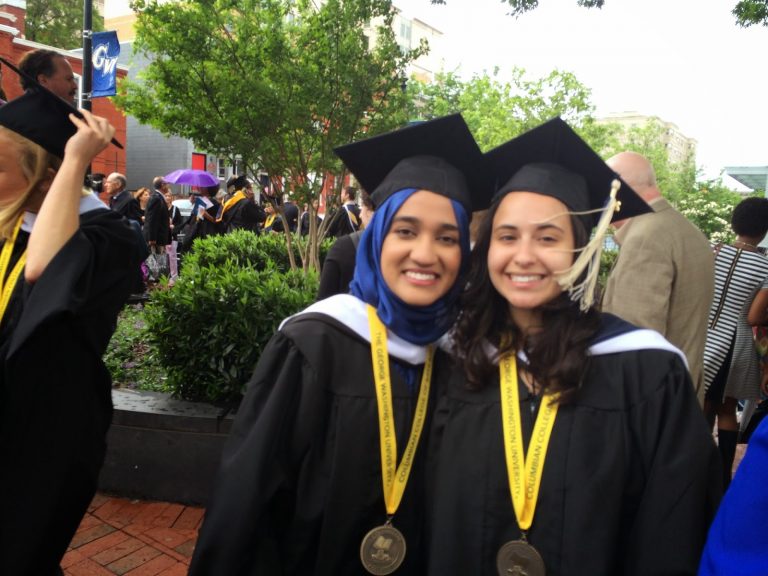The English department is very pleased to introduce readers of this blog to our newest faculty member, Dr. Daniel DeWispelare, who will be joining us as an assistant professor in September. Prof. DeWispelare received his PhD from the University of Pennsylvania, and does research primarily in the British nineteenth century, with a focus on Romanticism, although his interests are wide-ranging.
What follows is a Q&A to introduce Daniel, who will be teaching Critical Methods (ENGL 2800W.10) and The Romantic Movement (ENGL 3530.10) this fall. You’ll see why we were so eager to bring him to GW when you peruse his thoughtful responses and learn more about his amazing research.
GW: Tell us about your research.
DDeW: Recently I was in an airport and I saw an advertisement for HSBC bank that noted, “There are five times more people learning English in China than there are people in England.” This observation, courtesy of a world financial giant, is a good way into my research into eighteenth- and nineteenth-century anglophone literature, which I organize around historicizing the category “World English.” Specifically, what this means is that I am interested in tracing the mechanisms by which English writers spread their language around the globe while simultaneously justifying that spread as legitimate. By mechanisms, I mean things like grammar texts, translational manuals, appraisals of other languages, and colonial pedagogical instruments, and by justification, I mean the series of philosophical hoops anglophone writers went through to stitch English’s aesthetic capabilities to the political promises the expanding British Empire extended to both English and imperial subjects.
As HSBC reminds us, we tend to see the juggernaut of contemporary “World English” as a kind of
fait accompli—culturally devastating perhaps but naturalized and even demanded by the practical dynamics of an increasingly globalized world. And, as most popular histories of the English language will report, the language is mixed in vocabulary and grammar, a language formed over centuries by layered exchanges between diverse linguistic cultures. Such a medium, many of these language historians argue, is thus fit and perhaps even predetermined to be spoken from “China to Peru” (to borrow the prophetic words of Samuel Johnson).
What my research tries to show, however, is that if we look closely at the boom in language and literacy materials that begins in the late-eighteenth century, we see a series of very self-conscious attempts to reframe English as an aesthetic medium whose internal diversity could correlate with, and indeed validate, colonial expansion and global presence. Moreover, we see the diverse ways that anglophone writers began to exploit new aesthetic opportunities made available by naturalizing non-English linguistic and cultural residues within English-language literary works.
Within this general theoretical framework, I am currently working on two book projects. The first derives from my doctoral research and details the ways by which the expansion and standardization of English was used by writers of literature. Specifically, I show how manipulations of translated terms and techniques acts as a precondition for aesthetic developments we associate with Romanticism.
In my second book project, I am studying a genre of late-eighteenth- and early-nineteenth-century dialect writing that I call “dialect dialogues.” These “dialect dialogues” (some of which we might read in my upcoming course on Romanticism!) have been assumed simply to showcase provincial habits for metropolitan audiences, but I read these as political allegories that attempt to counter the gradual death of local linguistic traditions by satirizing the presumptions of standard English speakers and the literacy manuals they brought to people.
GW: I notice you’re teaching Critical Methods in the fall as well as a course on Romanticism. Tell us a bit about the latter. What’s interesting about Romanticism?
DDeW: My take is that there is nothing that is not interesting about Romanticism! It is a stereotype of scholars that they tend to think of all things as originating in the period they study, but when it comes to Romanticism, this is actually true! First perhaps, it is useful to give some brief definitions for students interested in the course. Romanticism refers to a literary period, roughly corresponding to the years between about 1775 and 1832, give or take a few decades on either end. Romanticism also refers to several fairly specific habits of mind, intellectual practices, as well as aesthetic and generic conventions that at the time were both pan-European and transatlantic in scope. So according to who you read—and this is important, because the debate is still very much alive—Romanticism is a reaction against Enlightenment thinking; or, it is the pinnacle of Enlightenment individualism where the poet’s genius overwhelms his or her own subjectivity; according to others still, Romanticism is merely a false construction, and our own definition of it prevents us from fully appreciating the broad array of writing composed in this period. This chain of definitions can go on and on, and is in fact one of the problems we will discuss in the course this Fall.
As I briefly suggested above, I am attracted to the category “Romanticism” because works written during this period of time are thematically and aesthetically united social and cultural events that reverberate even today: the rise of industrial capitalism, the rise of the colonial system, the rise of nationalism, the rise of criticisms of nationalism, the rise of political parties, the rise of democracy, the rise of the labor movement, the rise of literacy. Lest we think this was only a period of “rises,” we can also mention intensifications, in urbanization, racialization, modern warfare, human rights, abolition, feminism, and political rights, to name a few. And finally, a series of collapses that have indelibly marked that period and our own: the collapse of the common land systems, the collapse of absolutism, the collapse of Latinity, the collapse of certain religious structures, and so on.
In short, Romanticism is a wonderfully complex and fulfilling chapter in the history of literature and culture. I encourage any and all students to attend this class, especially if you are interested in the standard bearers of Romanticism, including Wordsworth, Coleridge, Austen, Burns, and Keats, and especially if you are interested in going beyond that canonical territory toward the investigation of writers who have been very important to recent research in the field.
GW: What made you want to join the GW English department?
DDeW: The community of scholars at the George Washington English department has been wonderful to me throughout this year. I have enjoyed meeting those I’ve met, and I am looking forward to building close professional relationships with those I’ve not yet met. As I researched the department, it became very clear to me that this was a special place with talented, engaged, and exciting scholars. In fact, one of the first things I came across was this exact blog, where, oceans and time zones away, not only did I find inscribed the impressive achievements of the department’s alumni and faculty, but also the events, readings, and lectures that make life in other faculties seem like watered wine. What the blog’s electronic glow can’t quite totally communicate is the tremendous warmth I have felt from this community. It emanates from the committed and inquisitive graduate students I met when I visited in February as well as from the many staff and faculty members who have lent their help with questions pertaining to course planning, teaching, research, housing, and transitioning in general. I have appreciated all of this help immensely, and what the faculty doesn’t yet know is that I am at this very moment reading their books and articles with great interest, specifically so that I can integrate myself into the department’s intellectual life as quickly as possible, thereby perhaps returning the favors they have generously done for me.
[Editor’s note: Good answer! We are looking forward to welcoming you!]
GW English undergrads (and grad students!) will be happy to know that professors speak very highly of them. I am eager to work with such smart, diverse, and hard-working people, not least because by challenging one another we all improve. I can’t wait to work with graduate students, and that said, I am also eager to meet undergraduates interested in research in the humanities. In fact, as an undergraduate at the University of Colorado, I worked with a professor whose close attention and critical commentary still animates all of the work I do today. My goal is to reproduce this kind of attentive mentorship with the students I meet, and to be honest, I really can’t wait to get started.
GW: What are you most looking forward to about moving to Washington, DC?
DDeW: I grew up in Colorado, and so in my antsy youthful mind Washington, DC was always the kind of electrifying place I imagined Californians were going when their jets flew over my family’s yard. Of course I love Colorado the way you can only love home, but the first time I went to Washington I was overcome by that strange postmodern exhilaration that occurs when you enter a physical space you have only seen before in representation—photos, movies, television, the news, etc. The year was 2007, and I found myself on the National Mall with some close friends who were attending a union rally. We were pressed tightly together to beat back winter, and as any one who has been to a similar event can attest, the energy was palpable and real, not counterfeit, cinematic, or televisual. In many ways, this was one of the first times I had seen national politics unfolding in live action and up close, and I think I got hooked! I consider myself to be politically committed and also very appreciative of American democracy, and so I can’t wait to see how democracy in action looks from inside one of its great geo-political locations. This is all to say that Washington is indeed one of those places whose reputation precedes it. And, one of the things I am most looking forward to is discovering all those parts of life in the district that exceed its already exciting reputation.
Another thing I am looking forward to is being in close proximity to family, friends, and colleagues who I love and have missed deeply over the course of this year. In particular, I have three little nephews who are still at that priceless tiny age when merely standing up is a shaky operation requiring much planning and much precision. I really can’t wait to be able to spend regular time with them again. Since I did my doctoral degree in Philadelphia, and have lived for an appreciable amount of time both in the city of brotherly love and New York, I am eager to be near again to a chain of fantastic researchers and teachers who have formed an important part of my intellectual biography and who I know will jump at the opportunity to take the short trip to Washington and share their work with the community of scholars at George Washington.
Oh, and did I mention museums and libraries!? It is hard for me to imagine a place better suited to the things I like to do in my leisure time, which I split fairly equally between gorging on literature, history, and theory and playing the flâneur. I have been to a few of the city’s museums, but only long enough to know that I need to go back and go back often. So, as I read more and more about the city’s museums and neighborhoods, the problem that vexes me most is really only where to go first.
GW: You’ve been teaching for the last year in Turkey. What has that been like? Where else have you taught?
DDeW: The last year has been truly wonderful for me in that I have had the opportunity to live in Ankara, Turkey, and teach as a Visiting Assistant Professor at Bilkent University. Bilkent is indeed a very special place that features a world-class, international faculty and a tremendously talented student body. I have taught three undergraduate courses per semester in a department called “Cultures, Civilizations, and Ideas,” and so my students have studied an impressive array of texts dating back to the very horizon of written language (The Epic of Gilgamesh) and continuing well into the twentieth century (A Room of One’s Own). I have treasured the university’s supportive community of talented scholars, its great and expanding library, and the ability to discuss exciting issues with dedicated and ambitious students. Before coming to Bilkent, I taught as a graduate student in the writing program at the University of Pennsylvania and in the Continuing Education faculty at Temple University.
I am deeply interested in questions of translation and language politics, and being in Turkey has also given me the opportunity to become better acquainted with one of the world’s great linguistic and literary traditions. The Turkish language and Turkish linguistic history have been my unceasing obsessions throughout my time here, not least because Turkish is a supple and impressive language with a fascinating history and a tantalizingly complex grammatical structure. As someone who thinks constantly about signs, signification, and semiotics, Modern Turkish has also been stimulating because it is one of history’s best examples of state-sponsored linguistic engineering, the process by which a government legislates a language’s expressive capacities. English speakers, of course, have always rejected the idea that the English language could be renovated or reformed by governmental fiat, and so studying the Turkish Language reform of the 1920s and 30s has been an interesting philosophical comparison.
Ankara, where I have been living, and whence come your “Angora” sweaters, is a city of contrasts. It is ancient and modern, replete with Roman ruins and medieval fortifications, cobblestone streets and eight-lane motorways, neo-Ottoman mosques and slick, contemporary malls serving as temples to Turkish capitalism’s recent rapid growth. Of course, Ankara is also the seat of the Turkish federal government, and so, like Washington, DC, it draws within its orbit politicos and diplomats from all over Turkey, Europe, the Middle East, and indeed the world. Recently, for instance, it has been fascinating to news of UN General Secretary Kofi Annan’s visit to Ankara in the hopes of securing a cease-fire in Syria and an end to the refugee crisis that has been simmering for far too long on Turkey’s southern border.
Of course, there has also been a kind of cosmopolitan and even touristic excitement for me. The fact that I have been in close proximity to stupefying cultural and historical riches is just icing on the cake. For those who haven’t yet had the opportunity to visit Turkey, here it is basically impossible to drive a hundred kilometers without passing a few mind-blowing archeological sites. In the morning you can find yourself tripping through the stone ruins of Hattusa, the Hittite Capital (ruins—a truly Romantic preoccupation), while that very same evening you can be “tripping the light fantastic” amongst the teeming crowds of Taksim Square in Istanbul, a city where the art, culture, history, and excitement are inimitable because the city is one of small handful of truly sublime world metropolises.
GW: What others kinds of undergraduate courses do you hope to teach at GW?
DDeW: First and foremost, I am interested in teaching courses that train students in literary history as well as contemporary humanities research. I am interested in producing an open and safe pedagogical environment in which students can work out fraught aesthetic, political, and philosophical questions. Within my expertise, I would be interested in teaching a course on “The Rise of Literacy and Romantic Literature,” another on “Translation Theory and Romantic Literature,” another that would focus on ecocritical issues and be called “Romanticism and the Natural World,” and still another on “The Imperial Origins of Romantic Literature.” In addition to these, I am interested in teaching courses that go back a bit further into the eighteenth century, such as “The Politics of Language in the Eighteenth and Nineteenth Centuries.” Finally, particularly for courses where students are still deciding whether they want to be English majors, I love to give courses that have transhistorical themes and ask how those themes are worked out in at different historical moments in different social conditions. One such course would focus on dialect writing in English from the medieval period today, and another might focus on texts whose translation into English entailed dramatic cultural effects, such as the King James Bible, the Arabian Nights, and so on. I am really looking forward to joining the faculty, and I can’t wait to meet the students and hear their ideas as we work through these and other topics.

